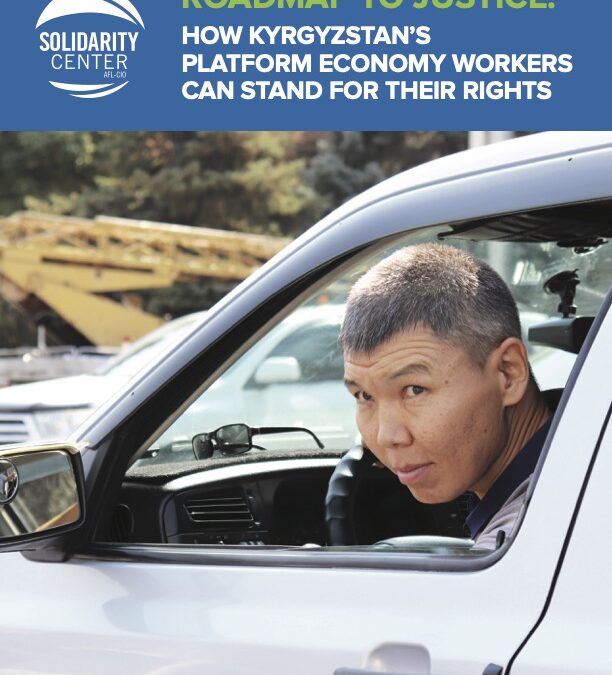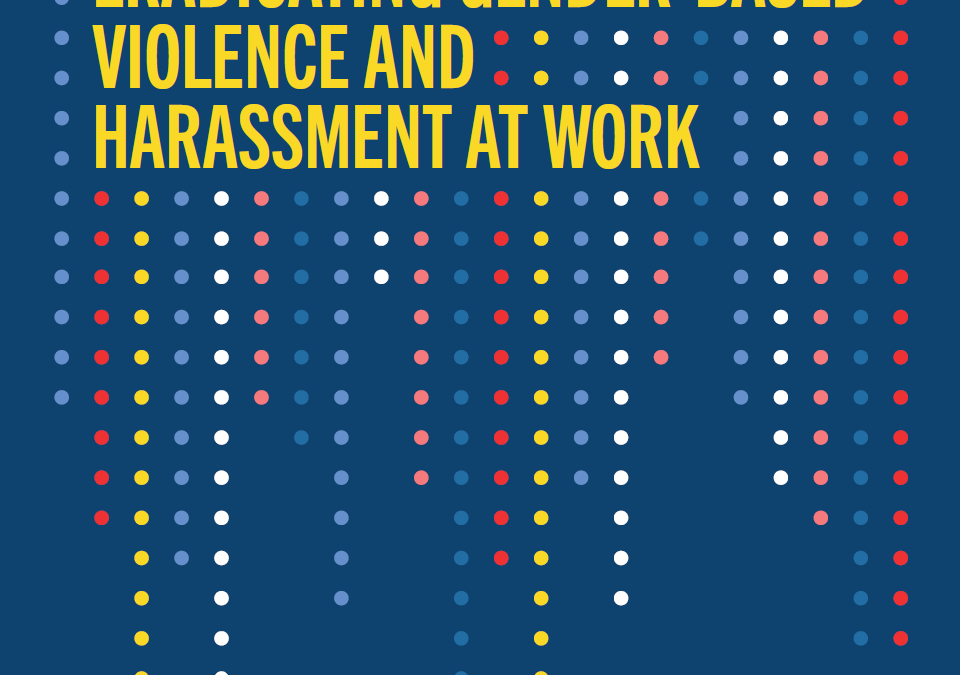
Jun 29, 2023
The Solidarity Center Global Impact report highlights the Solidarity Center’s support of unions and civil society organizations in ending gender-based violence (GBVH) at work and showcases key outcomes, including a landmark agreement to address GBVH in Lesotho garment factories.
Download it here.
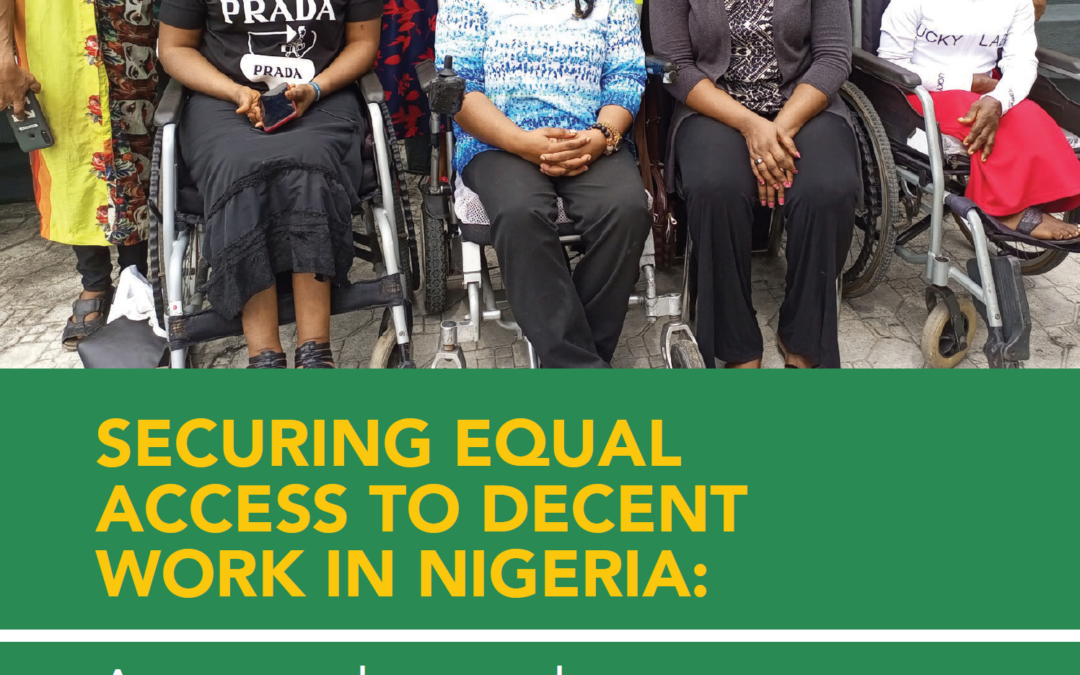
Mar 24, 2023
A survey of more than 600 workers with disabilities in Nigeria conducted by the Trade Union Congress of Nigeria (TUC) Women Commission and the Solidarity Center in collaboration with Nigerian unions and disability rights organizations, finds that most workers with disabilities cannot access decent work as defined by the UN International Labor Organization (ILO).The study—for its sample size and breadth, as well as for the collaboration between trade unions and disability rights organizations—is the first of its kind.
Download it here or see the summary here.
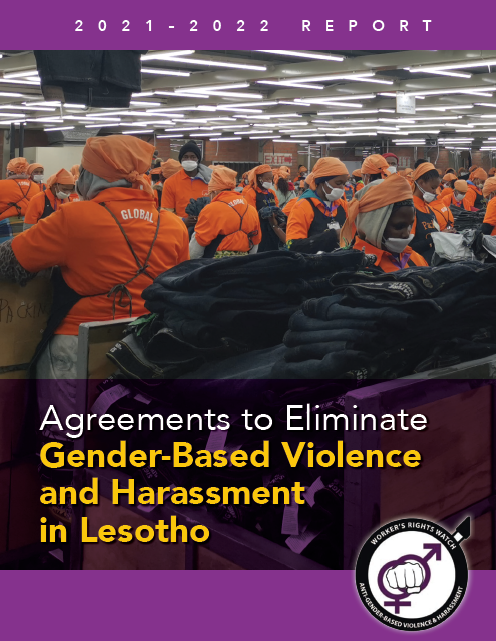
Mar 14, 2023
A report by Workers’ Rights Watch tracks progress on a precedent-setting, worker-centered program in Lesotho garment factories to prevent gender-based violence and harassment (GBVH) of garment workers producing jeans for the global market. The Lesotho Agreements represent the first instance in which brands and their suppliers have entered into enforceable agreements with worker representatives to stop GBVH and protect workers. Sexual violence against garment workers is a well-documented worldwide problem.
Download it here.
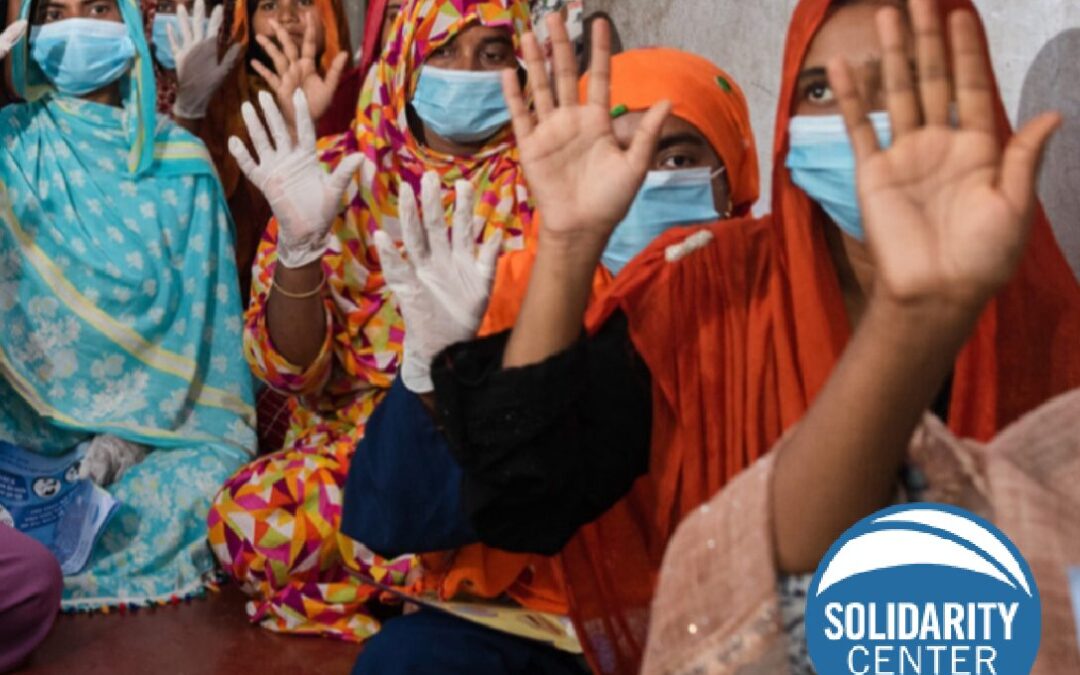
Jan 19, 2023
In 2022, the Solidarity Center marked a quarter century of supporting embattled workers, advocating and litigating for change, and celebrating worker rights advances in troubled times. As crackdowns on fundamental civil rights intensify around the world, workers and their unions are often the first targets. However, with their collective strength, workers and their movements have proven to be the largest force for protecting democracy. Learn more about how the Solidarity Center is standing with workers, trade unions and their movements in 60-plus countries reaching more than 70 million workers in our 2022 annual report.
Read here or download here.
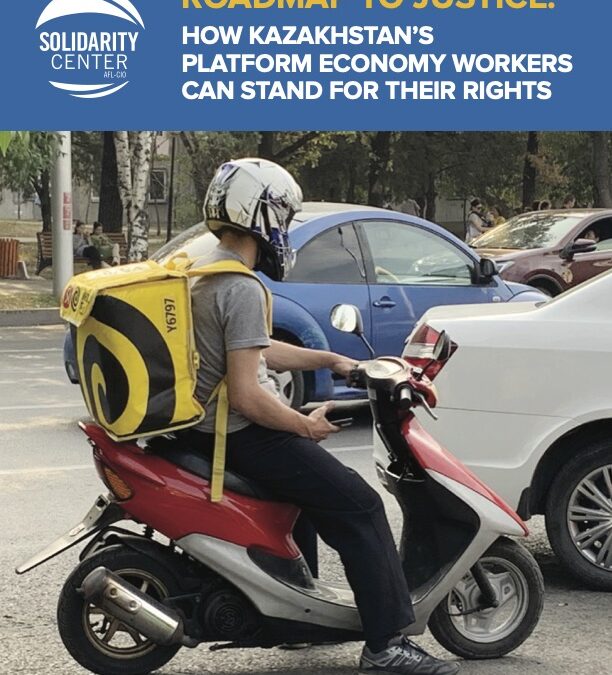
Oct 2, 2022
Kazakhstan has the most developed digital market in the region, and digital platform companies operate in Kazakhstan’s major cities. With the sector’s growth, the vulnerability of workers in this segment has also become more apparent, especially for marginalized groups.
Click here to download it in English and Russian.





